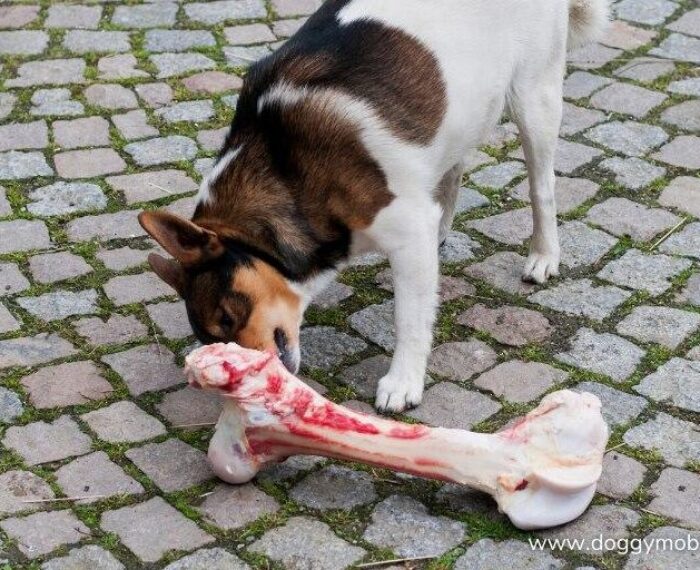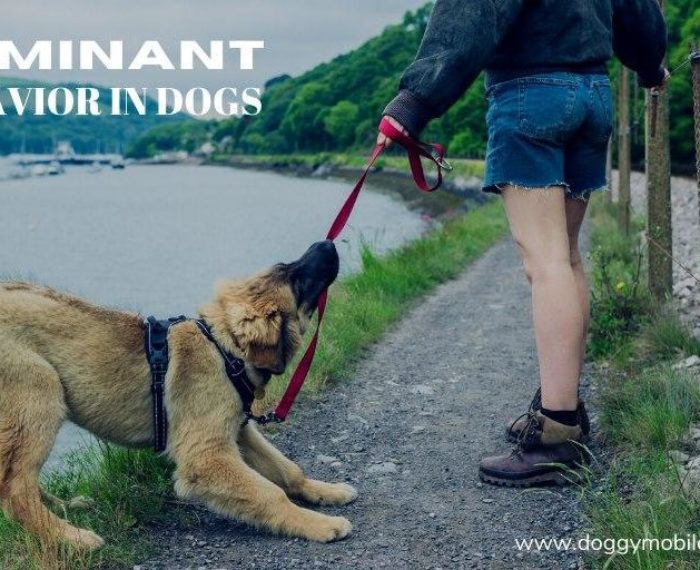Doggys eat different kinds of food. In the wild, they are considered omnivores. They usually hunt, mainly small animals, and tend to consume everything – meat, bones, and organs. As doggy owners, it is important to be aware of your doggys nutrition and being able to monitor what you feed your dog.
There are health and safety concerns surrounding pet food, that is why a lot of doggy parents include real meat and bones into their doggys’ nutrition. It’s a good idea to introduce a variety of bones in your doggys’ diet – they can help keep teeth and gums healthy and a good way for doggys to satisfy their desire to practice the normal chewing behaviour.
Are dog bones good for your dog?
Bones can be both safe and healthy but as a doggy owner, we need to be careful. They might be popular treats used by doggy parents for dental care, unfortunately they can also cause problems for our doggys as well. Some of these problems may include broken teeth, and injuries to the gums and tongue. Sometimes the bones also cause constipation and blockage.
Two kinds of bones:
Edible bones – comes from raw chicken wings, chicken and turkey necks whic provide calcium, phosphorus and trace minerals.
Recreational bones – bones which are meaty with cartilage and have soft tissue still attached, is an equivalent to brushing and flossing the doggys teeth.
Practice Bone Safety:
-It is not advisable to feed cooked bones since they might splinter, they can cause internal damage – which can cause the loss of life for your doggy.
-Use human-grade raw meaty bones such as raw lamb ribs, raw lamb flaps and raw chicken wings
- Ask advice from VET which bones are good for your doggy
-Feed a bone that is large enough so that the dog cannot swallow the bone whole
-Don’t always feed your doggy some bones because they cause problems like constipation – 1-2 raw bones per week
-Give your doggy bones that has less fat
-Feed cooked bones as these can splinter and cause internal damage or become an intestinal obstruction
-Feed only raw bones
-Give large marrow bones, T-bones, lamb cutlets, large knuckle bones and bones sawn lengthwise as this may cause your doggys teeth to crack.
-Never give small bones that might be swallowed whole or can cause a risk for choking
-Never feed pork bones or rib bones, they’re more likely to splinter than other types of bones.
-Check on doggy’s behaviour when he is eating the bone.
You don’t need to avoid feeding your doggy with bones. Instead, follow these tips to ensure your doggy’s safety. Remember, your doggys health and welfare is our number one concern. Plan things accordingly and take note of the tips when you are choosing the right bones for your furry baby. Lastly, seek advice from your VET about the diet for your doggy.


